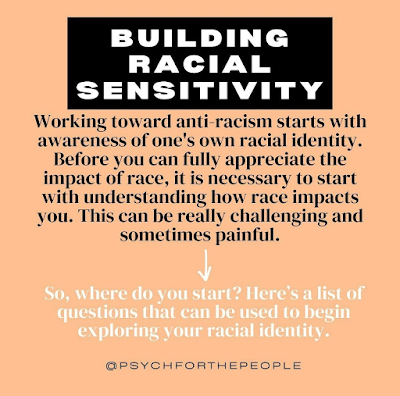For today’s Wellness Wednesday, UAF SHCC would like to introduce one of it’s counselors. For those of you who don’t know her, Dr. Marie Skanis (she/her/hers) is our newest counselor who joined the Student Health team in January 2020. One of her pet peeves is expressed in this post, inspired by @drjenpsychology and @brenebrown.
Let’s learn to replace the saying “Good vibes only” with “all the feels”. Whether you feel pressured from those around you, society, or you feel uncomfortable experiencing emotions that are not considered “good”, Marie would invite you to resist the urges to censor your emotions. In fact she’d like you to stop doing that. Telling yourself on the daily that only certain emotions are worthy can invalidate large swaths of experience. Our emotions can serve vital purposes if only we attend to them and develop the ability to experience them. As a comparison, it would likely be harmful to ignore physical pain sensations. Pain is difficult to experience, but it gives your body important information. At times it may serve as a warning for things to avoid, such as pain you feel if you accidentally touch that hot pan or stretch with poor form. Emotions, too, can help us recognize important things: when we have unmet needs, feel hurt by others, are drained by a situation, have had our boundaries crossed, etc. In this way, experiencing emotions is just one building block in things like maintaining self-esteem, healthy relationships, mental health, and motivation. Check out @drjenpsychology and @brenebrown for more great information on mental health. Also, check out Brene Brown’s podcast Dare to Lead, where she discussed with guest Dr. Susan David how experiencing the range of your of emotions can be healthy.
#nanooknation #universityofalaska #mentalhealth #mentalhealthmatters #mentalhealthawareness #mentalwellness #allthefeelswelcome



















